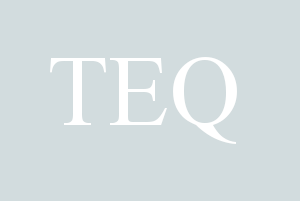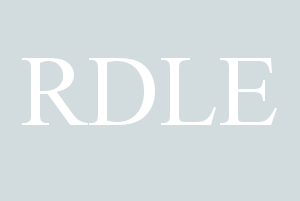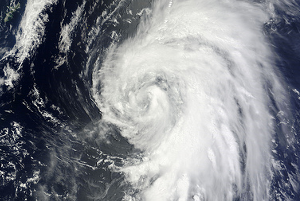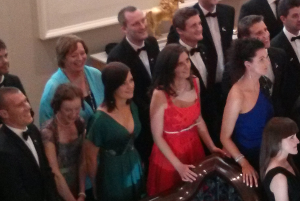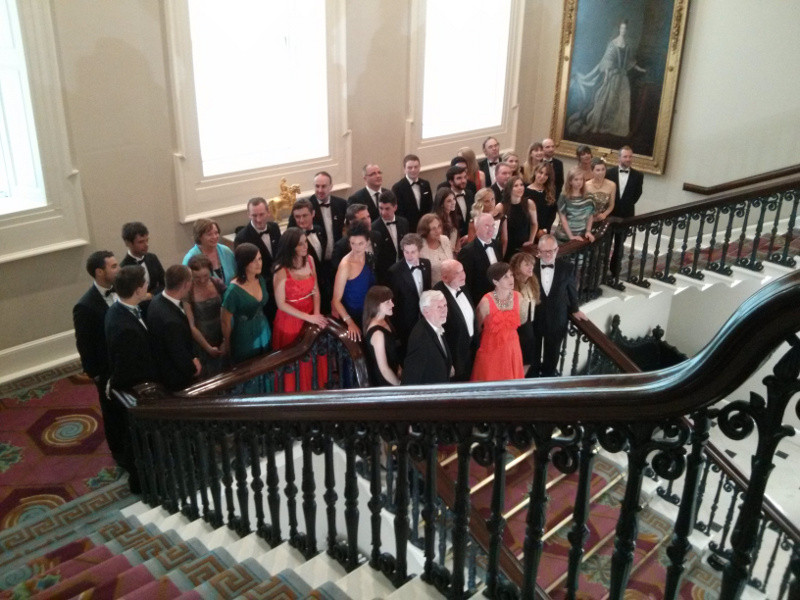There is evidence of change in the context in which doctoral education is developing; in the need for research-based responses to the grand challenges facing society; and in the employability of the PhD. Key features of these changes identified by the EUA and the IUA, include quality research training, inter-disciplinarity, partnerships with industry, and a mentality of innovation. Researchers need to develop cross-disciplinary thinking in order to work with someone else within the discipline, outside the discipline or in practice. Therefore, PhD research has to contribute in different ways, and the researcher must develop new and different skills and perspectives. In particular, the researcher must come to see that to explore and exploit the value latent in their thesis research, it may be necessary to interact directly with researchers from other disciplines and, together, to progress from multi-disciplinary interaction to interdisciplinary outcomes.
The aim of this study is to identify how to create doctoral learning spaces that enable one to think beyond one’s own discipline, to communicate across traditional disciplinary divides, in order to exploit the potential in the thesis research while not diluting the (disciplinary) core of the research.
The TCD/UCD Innovation Academy was the context for Phase 1; and the University of Georgia will host Phase 2 in 2014. Results to date identify aspects of the learning space that impact on student’s ability to communicate across the disciplines, and to move from ‘intra-disciplinary’, to ‘multi-disciplinary’ to ‘inter-disciplinary’ ways of thinking and practicing.
Further steps will be identified for developing both doctoral programs at TCD (Irl) and UGA (USA). The need for more research into creating cross-disciplinary doctoral learning spaces in general is identified.

